Northern California member families with children on the autism spectrum can assist with this critical research by donating genetic material.
Kaiser Permanente Northern California has begun enrolling families with a child on the autism spectrum in its new Autism Family Biobank.
The biobank will gather genetic material from 5,000 member families and link it to their medical records in order to undertake urgently needed research on autism spectrum disorders.
“Our goal for this new research biobank is to create a one-of-a-kind scientific resource that helps guide the development of effective autism treatments,” said Lisa Croen, PhD, director of the Autism Research Program at the Kaiser Permanente Division of Research in Oakland. “We don’t know what causes autism. This study can point us toward the answers.”
Member families who have a child with an autism spectrum disorder will be contacted directly with instructions on how to donate a blood and/or saliva sample from both biological parents and the child. They will also be asked to complete two short surveys. All data collected will be fully de-identified to protect member privacy.
“Families do not have to wait for us to contact them,” Croen noted. “They are welcome to sign up on our website, write to us at autism.research@kp.org, or call 866-279-0733.”
Participation is voluntary, and a decision not to participate will not affect members’ care at Kaiser Permanente.
Why Is Autism Research So Important?
Autism is a relatively common neurodevelopmental disorder — defined by impairments in social interaction and communication, and restricted and repetitive patterns of behavior — that occurs in 1 in 68 children.
Arona Ragins, a Kaiser Permanente member and employee who also serves on the Autism Research Program’s community advisory board, was one of the first families to join the new biobank. She was eager to participate so that her family could help scientists develop better tools for identifying autism early in life.
“I have a 17-year-old daughter with autism. If we can come up with a marker, it’s going to streamline the whole diagnostic process,” Ragins said. “This will prevent people from having to go through a lot of back and forth and questions that can extend over a period of years.”
The Autism Research Program received a $4.6 million grant from the Simons Foundation to create the Autism Family Biobank over the next three years, although the data will continue to be available to qualified researchers for years to come.
Croen, principal investigator for the biobank, said that because autism is a complex condition involving many genetic factors interacting with environmental conditions, large numbers of families are needed to participate in research to find the underlying causes.
“Family participation is critical,” Croen said. “We can’t do this without Kaiser Permanente members.”
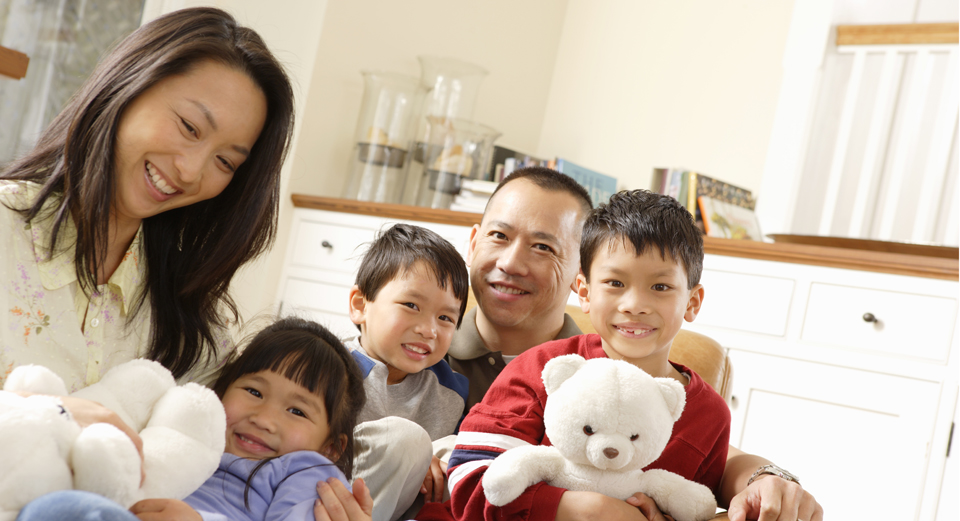
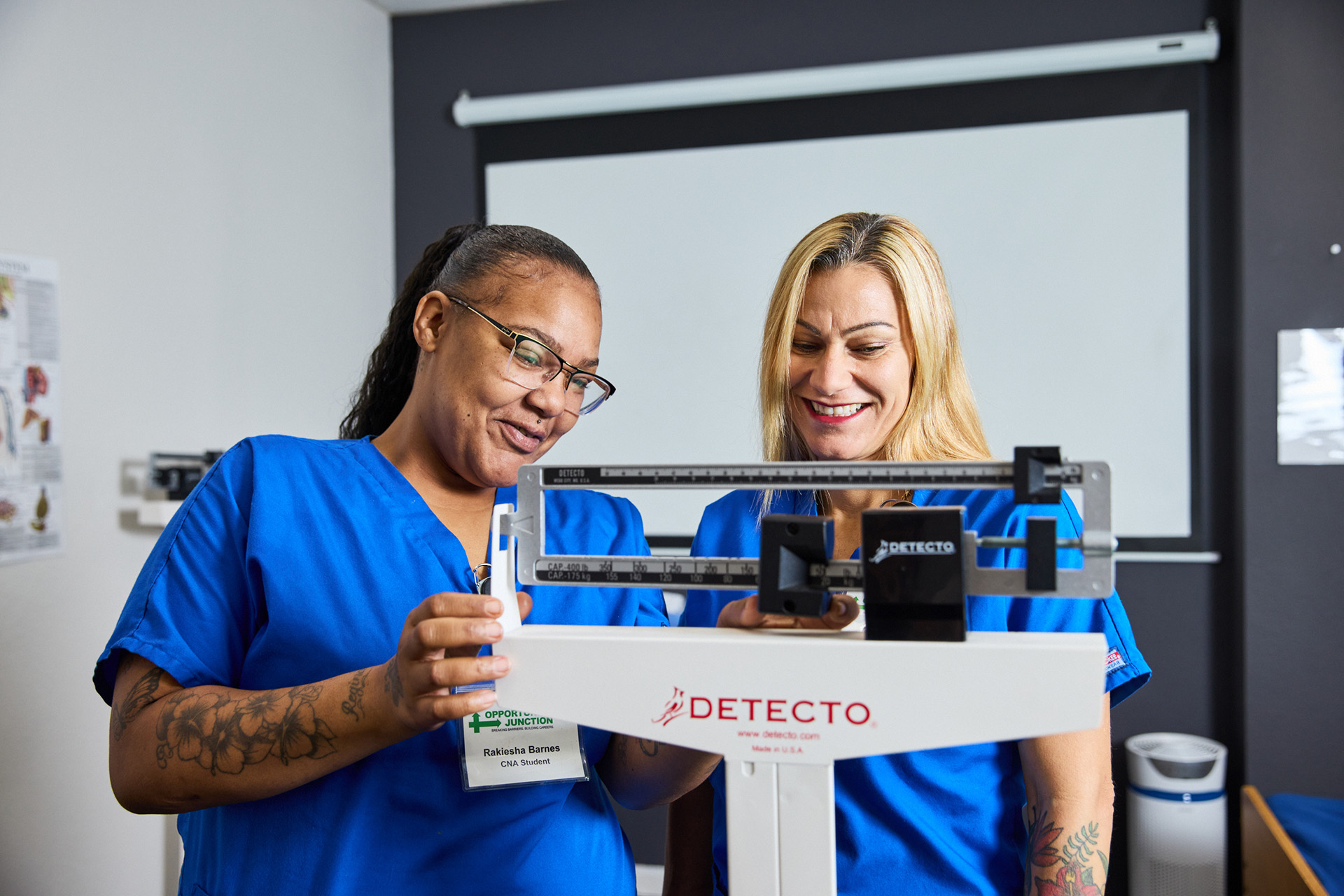
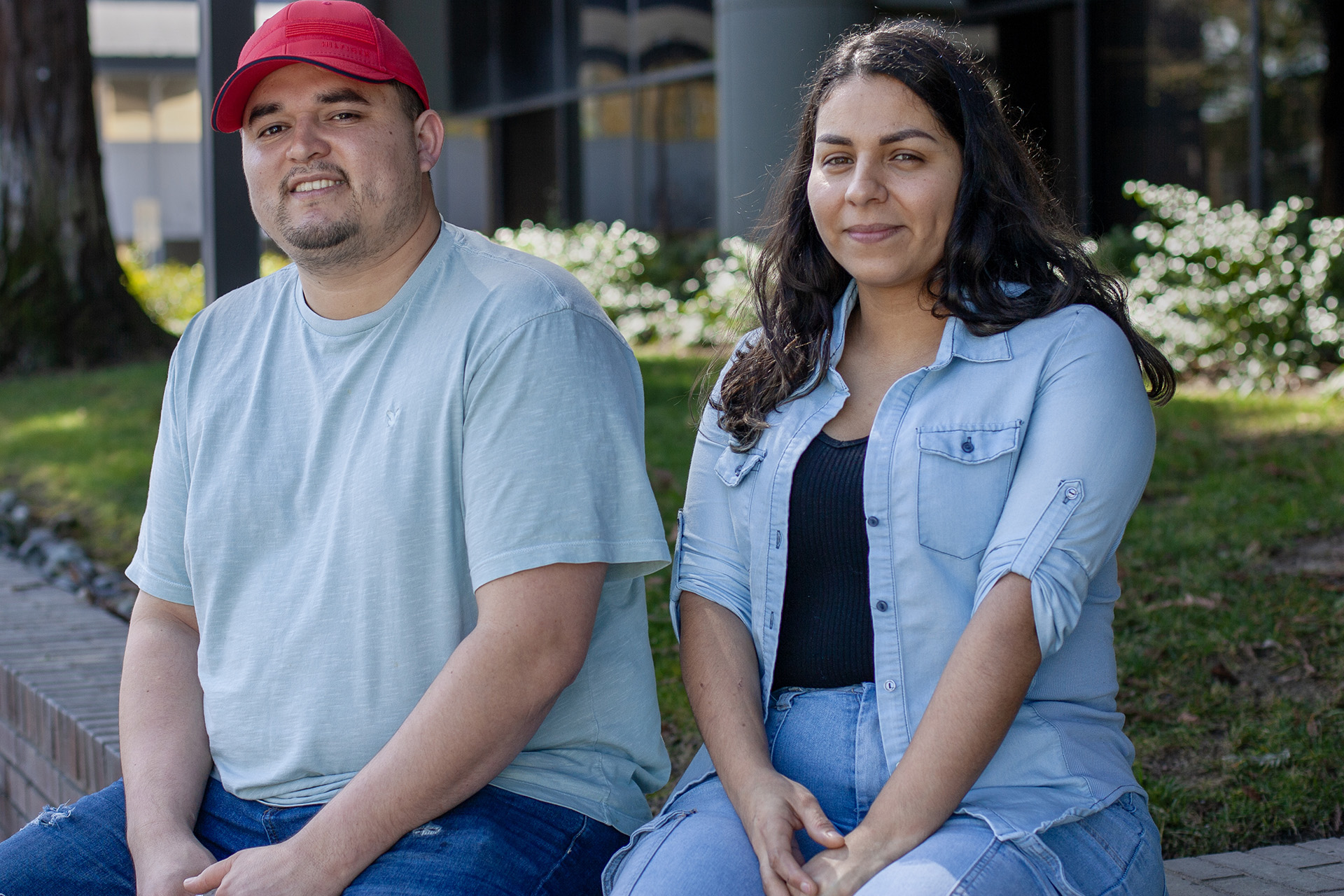
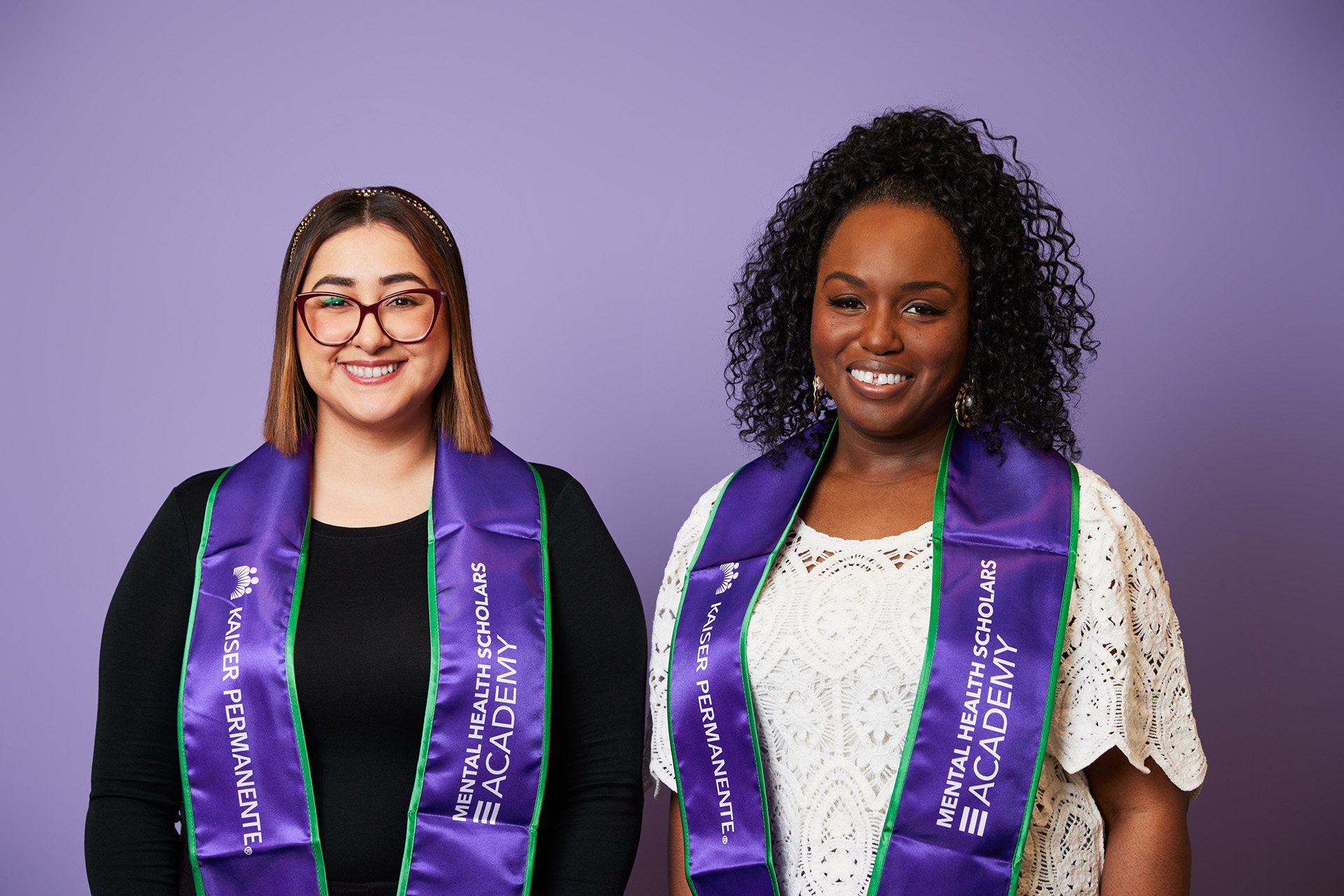
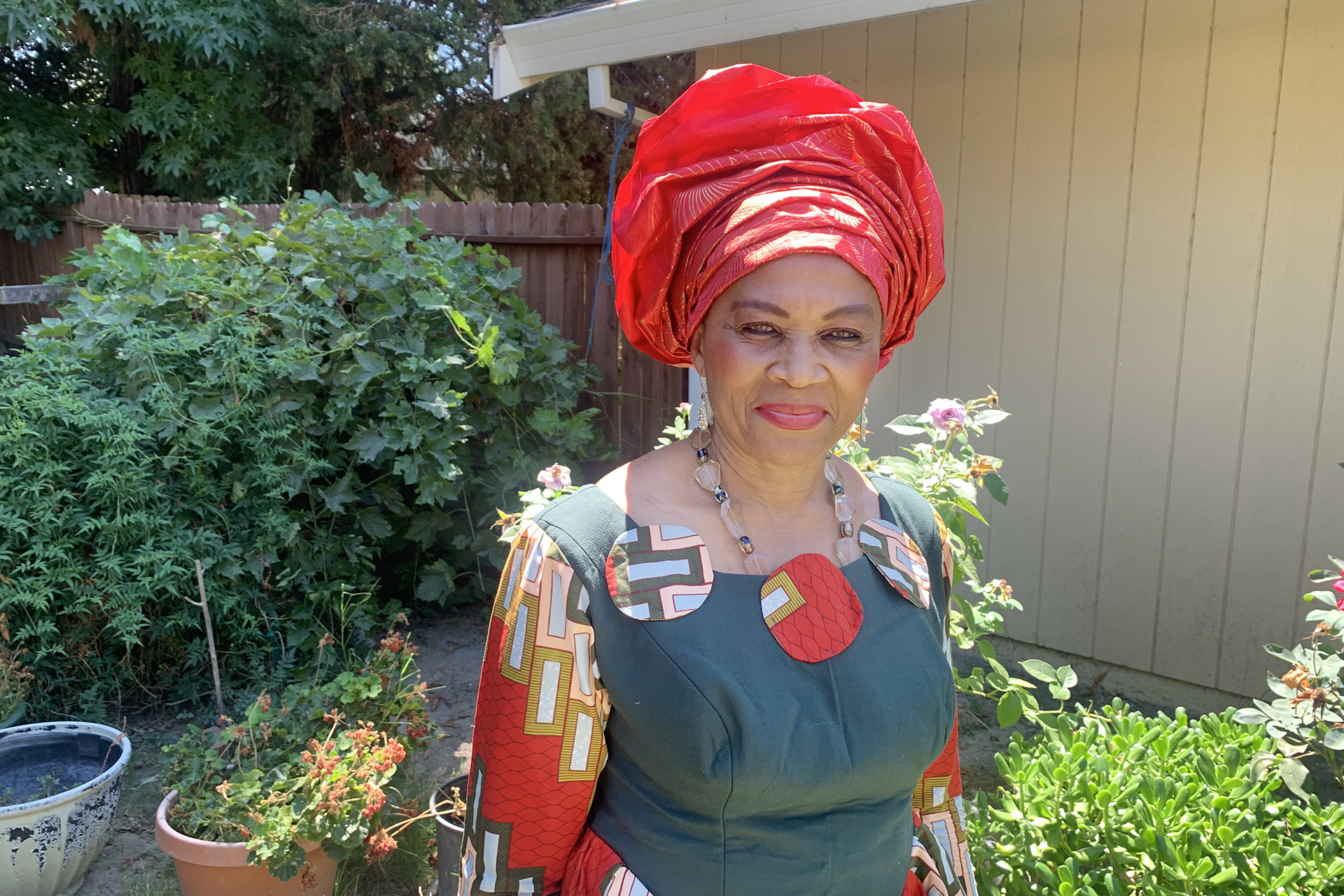
This Post Has One Comment
I think this is wonderful. I have two nephews on the spectrum. One is my brother’s child and one is my husband’s sister’s child. If collecting this type of data can help one day possibly treat, cure, or be able to screen for it at birth, it would be wonderful.